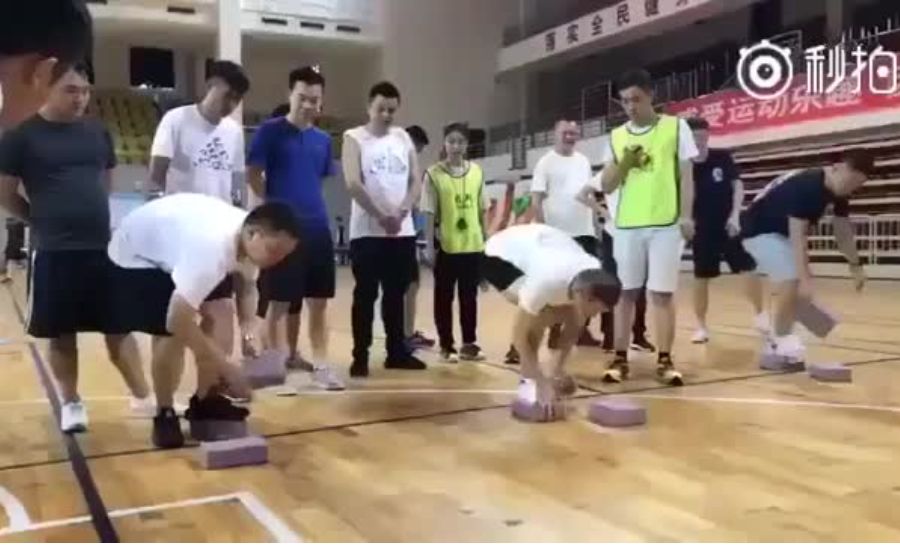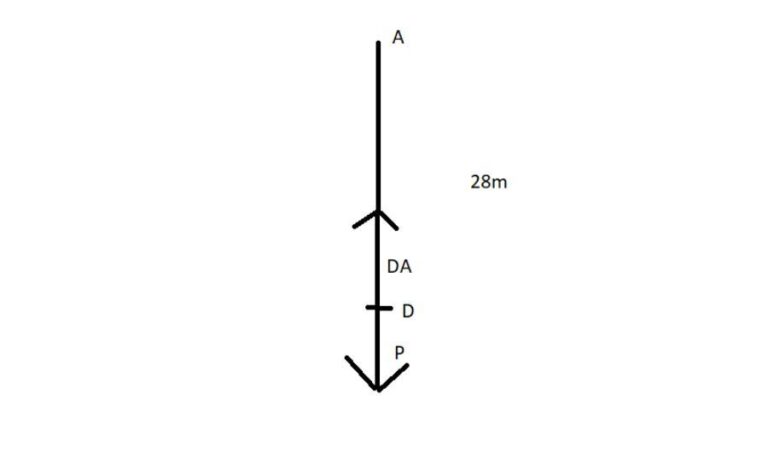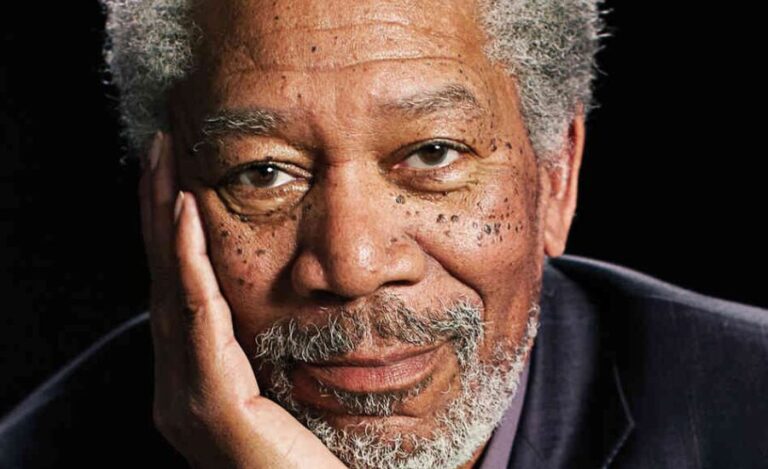Dhanvin Yajaman Harvard, University, Modern Society
Introduction to Dhanvin Yajaman Harvard
Dhanvin Yajaman is a distinguished scholar and advocate at Harvard University, dedicated to preserving cultural heritage and fostering community engagement. His work bridges the past and present, ensuring that cultural traditions and community connections remain vibrant in an increasingly globalized world. Through his initiatives, Yajaman emphasizes the importance of understanding, preserving, and celebrating diverse cultures as a foundation for creating inclusive societies.
In this article, we explore Dhanvin Yajaman’s efforts in cultural preservation and his impact on communities. His dedication serves as a model for how culture and community play vital roles in shaping identity and fostering belonging in today’s society.
Who is Dhanvin Yajaman?
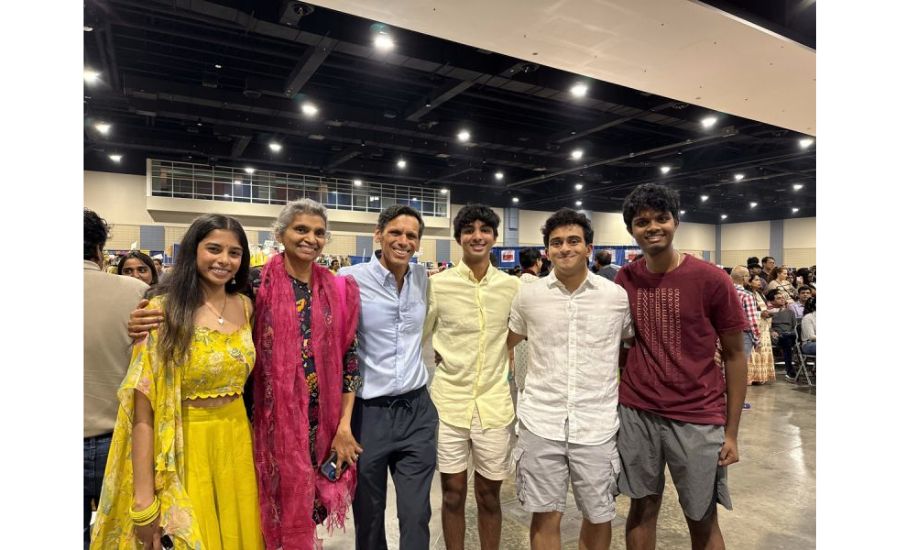
Dhanvin Yajaman is a scholar and cultural preservationist whose career revolves around the study and promotion of cultural heritage. He is based at Harvard University, where his work intersects various academic disciplines, including anthropology, history, social sciences, and the arts. Yajaman’s mission is to explore how culture is shaped, maintained, and passed down through generations, emphasizing the significance of cultural narratives, traditions, and practices.
His academic expertise spans the study of indigenous cultures, community-driven preservation methods, and the global challenges that face cultural traditions in the modern era. Through his work at Harvard, Yajaman has become a leading figure in bridging the gap between academia and grassroots cultural efforts, ensuring that diverse cultural voices are heard and respected.
Dhanvin Yajaman’s Role at Harvard University
At Harvard University, Dhanvin Yajaman has taken on various roles, both as a scholar and as an advocate for cultural preservation. Through his academic research, teaching, and outreach initiatives, Yajaman has worked to create a platform where cultural studies intersect with social science research, community engagement, and public service.
He is committed to advancing interdisciplinary programs that allow students to explore cultural heritage through various lenses, such as history, anthropology, art, and social science. These programs emphasize the importance of understanding cultural contexts, especially in a rapidly changing world where traditional practices may be threatened by modernization and globalization.
One of the key aspects of Yajaman’s work at Harvard is his focus on the integration of community-driven cultural preservation efforts with academic research. He actively collaborates with local communities, indigenous groups, and cultural organizations to ensure that the preservation of traditions is not just an academic exercise, but a lived experience. By bridging the gap between theory and practice, Yajaman’s initiatives provide students with valuable real-world applications of cultural studies while also benefiting the communities he works with.
The Importance of Culture and Community in Modern Society
1. Culture as a Foundation of Identity
Culture serves as the cornerstone of individual and collective identity. It encompasses traditions, values, art, and language, shaping how people understand themselves and their place in the world. In today’s fast-paced globalized environment, maintaining a connection to cultural roots is essential for fostering a sense of self and belonging.
2. Community as a Support System
Communities provide a space where individuals come together, share experiences, and build relationships. They offer emotional support and practical resources, fostering a sense of unity. Strong communities not only improve individual well-being but also create resilient social networks that adapt to challenges.
3. Bridging Differences Through Cultural Exchange
In diverse societies, culture serves as a bridge between different groups. By promoting dialogue and understanding, cultural exchange helps break down barriers and combat prejudice. Celebrating diversity enriches societies, enabling individuals to appreciate both shared values and unique traditions.
4. Cultural Traditions as a Source of Inspiration
Cultural traditions, expressed through art, music, cuisine, and storytelling, bring joy and meaning to daily life. They remind us of our shared humanity while highlighting the unique contributions of various communities. Preserving these traditions ensures they continue to inspire future generations.
5. The Role of Culture in Globalization
As globalization blurs geographical and cultural boundaries, it becomes increasingly important to preserve heritage. Cultural identity offers individuals a sense of stability and pride in an ever-changing world, providing a foundation for personal and societal growth.
Dhanvin Yajaman’s Work in Cultural Preservation
Dhanvin Yajaman has become a leading figure in the field of cultural preservation, championing the significance of heritage in modern society. His efforts span academic research, community engagement, and collaborations with underrepresented groups.
1. Academic Contributions at Harvard University
At Harvard, Yajaman works closely with students, researchers, and community leaders to document and celebrate endangered cultural traditions. His interdisciplinary approach combines anthropology, history, and the arts to capture the richness of heritage and its relevance today.
Through workshops, seminars, and collaborative projects, he educates others on the importance of cultural preservation. By equipping the next generation with knowledge and tools, Yajaman ensures that cultural appreciation remains a priority in academia and beyond.
The Impact of Community Involvement on Cultural Preservation
1. Reviving Traditions Through Community Effort
Community involvement is the cornerstone of successful cultural preservation. When local members actively participate, they infuse traditions and customs with renewed energy, ensuring these practices remain vibrant and relevant. This collective engagement creates a shared sense of identity, strengthening relationships and fostering unity within the community.
2. Diverse Narratives Enrich the Cultural Landscape
Active participation from various community members allows a multitude of perspectives to surface. These unique narratives add layers of depth and richness to cultural heritage, creating a tapestry that celebrates diversity while honoring history. When communities take ownership of their culture, they ensure that future generations inherit a legacy of pride and understanding.
3. Attracting External Support
Grassroots efforts often garner the attention of external organizations, funding bodies, and stakeholders. When communities showcase their dedication to preserving heritage, it signals to potential supporters that these traditions hold significant value. This attention can lead to increased funding, resources, and collaboration opportunities, all of which are essential for long-term preservation initiatives.
4. Showcasing Heritage Through Events
Community-driven events such as festivals, storytelling sessions, and workshops play a critical role in highlighting local traditions. These gatherings spark curiosity, instill pride, and encourage younger generations to explore and embrace their cultural roots. By creating dynamic and engaging experiences, communities ensure their traditions evolve and flourish instead of stagnating.
Challenges Faced by Dhanvin Yajaman and His Team
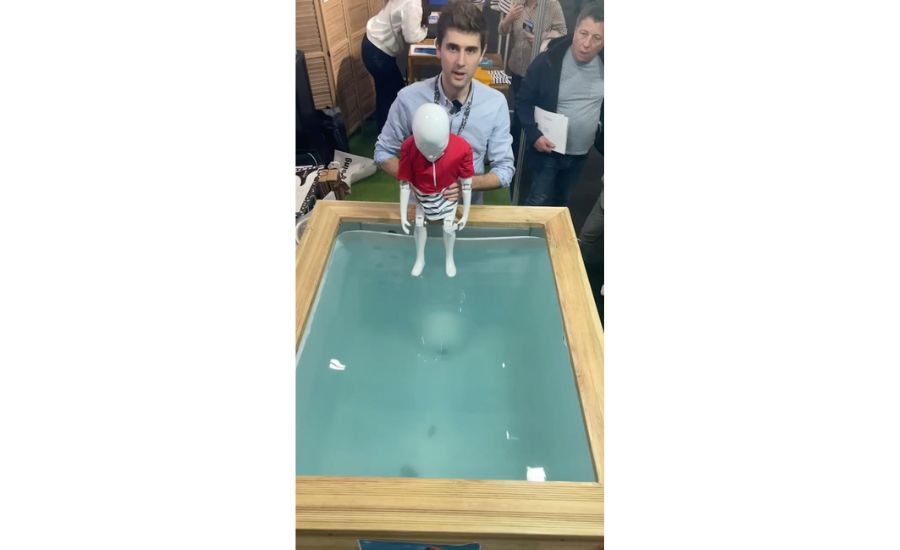
Preserving culture is no easy task, and Dhanvin Yajaman and his team face several obstacles in their mission to safeguard heritage.
1. The Effects of Globalization
Globalization has blurred the lines between cultures, often leading to the erosion of unique traditions. As societies increasingly adopt global norms, traditional practices risk being overshadowed or forgotten. Yajaman and his team must navigate this delicate balance, finding ways to celebrate cultural heritage without isolating it from modern influences.
2. Engaging Younger Generations
One of the most pressing challenges is capturing the interest of younger generations. With many youths gravitating towards contemporary lifestyles and global trends, traditional practices may seem irrelevant or outdated. Innovative strategies, such as integrating technology or creating interactive programs, are necessary to bridge this generational gap and make cultural preservation appealing to modern audiences.
3. Limited Funding and Resources
Financial constraints remain a significant barrier to cultural preservation. Research initiatives, community outreach, and heritage documentation often require substantial funding. Without adequate resources, many preservation projects face delays or reduced impact, making it challenging to maintain momentum and achieve long-term goals.
4. Bureaucratic Challenges and Trust-Building
Working with local communities often involves navigating complex bureaucratic systems and building trust with residents. Administrative hurdles can slow down initiatives, while fostering trust requires time and consistent effort. These delays can impede progress on vital projects, particularly those requiring collaboration with government agencies or private organizations.
5. Collecting Accurate Historical Data
Preserving culture relies heavily on access to reliable historical records. Unfortunately, many traditions are documented through oral histories, which can vary widely across communities. Fragmented or inconsistent records make it difficult to create an accurate representation of cultural practices, further complicating the team’s efforts.
Overcoming Challenges: Dhanvin Yajaman’s Approach
Despite these obstacles, Dhanvin Yajaman and his team remain committed to their mission, employing innovative and adaptive strategies to tackle these challenges head-on. Through collaboration, creativity, and perseverance, they continue to inspire communities to cherish and preserve their cultural heritage.
Their work not only highlights the value of cultural preservation but also underscores its importance in fostering unity and understanding in an increasingly interconnected world.
Future Goals for Dhanvin Yajaman and Harvard University
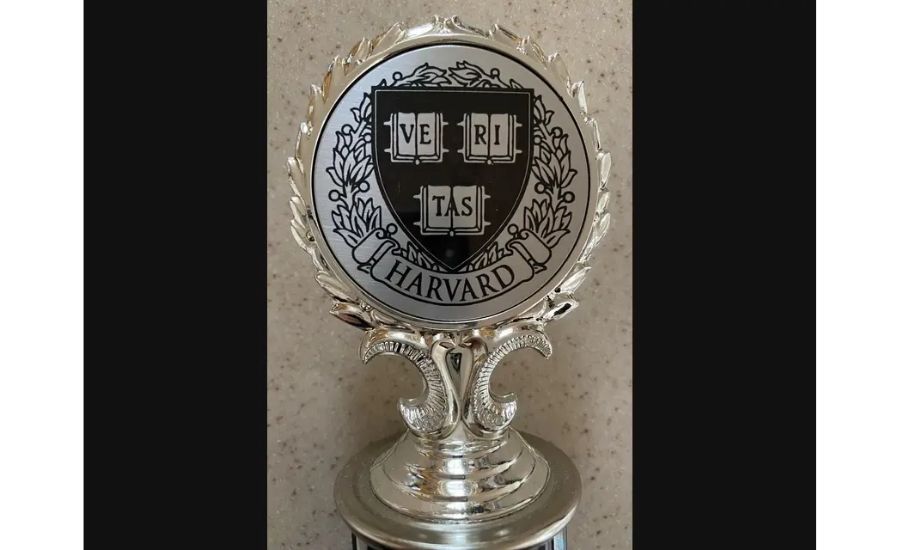
Dhanvin Yajaman envisions a future where cultural preservation becomes a central focus in both academic and societal contexts. His work at Harvard University is driven by a commitment to elevate the importance of diverse traditions, ensuring they remain relevant and accessible in an ever-changing world.
1. Expanding Interdisciplinary Collaboration
One of Yajaman’s primary goals is to establish interdisciplinary programs at Harvard that bring together students and scholars from various academic fields. By integrating perspectives from history, arts, social sciences, and technology, these programs aim to foster a holistic understanding of culture. This approach will encourage participants to explore how different disciplines intersect to shape cultural narratives.
2. Strengthening Community Partnerships
Recognizing the importance of real-world engagement, Yajaman seeks to deepen partnerships with local communities and organizations. These collaborations will bridge the gap between academic research and practical application, ensuring cultural preservation efforts directly benefit the communities they represent. Such partnerships also promote inclusivity by amplifying the voices of underrepresented groups.
3. Leveraging Technology for Cultural Studies
Yajaman plans to incorporate cutting-edge technology into cultural research and preservation efforts. Digital platforms, virtual reality, and AI tools can be utilized to document and share cultural stories on a global scale. By harnessing technology, his initiatives will provide broader access to cultural knowledge, ensuring that even the most marginalized traditions have a platform.
4. Creating Accessible Resources
Another critical goal is the development of accessible educational resources that can be used both within academia and beyond. These resources, ranging from online archives to interactive learning tools, will serve as a bridge between scholarly work and public engagement, allowing more people to connect with and appreciate cultural heritage.
5. Inspiring Global Cultural Awareness
Yajaman aspires to inspire a global movement toward cultural appreciation and preservation. By fostering dialogue and collaboration across borders, he aims to create a network of scholars, communities, and institutions working together to celebrate and protect cultural diversity.
Conclusion: The Power of Culture and Community in Shaping the Future
Culture and community are integral to shaping individual identities and collective experiences. Dhanvin Yajaman’s efforts at Harvard University emphasize the need to preserve cultural heritage while fostering connections across diverse populations. His innovative approach to cultural preservation not only enriches personal lives but also strengthens societal bonds by bridging gaps and promoting inclusivity.
Through his work, Yajaman exemplifies how collective action can lead to transformative change. While the challenges he and his team face are significant, they highlight the resilience and determination required to safeguard traditions in an ever-evolving world.
As Yajaman looks to the future, his initiatives reflect a broader mission: to create a global society that honors its history while embracing its potential. By leveraging technology, community partnerships, and interdisciplinary collaboration, he demonstrates the profound impact that culture and community can have on shaping the world for generations to come.
The journey led by Dhanvin Yajaman and Harvard University is a testament to the enduring relevance of cultural preservation. It underscores the universal truth that when we come together as a community rooted in shared values and traditions, we pave the way for a future that respects the past while embracing innovation and inclusivity.
FAQs About Dhanvin Yajaman and His Work
Who is Dhanvin Yajaman?
Dhanvin Yajaman is a cultural preservation advocate and a prominent figure at Harvard University. He is known for his efforts to document, preserve, and promote diverse cultural traditions through academic research and community engagement.
What is Dhanvin Yajaman’s focus at Harvard University?
His focus lies in cultural preservation, fostering interdisciplinary collaborations to explore and safeguard traditions, languages, art forms, and practices that might otherwise be at risk of disappearing.
Why is cultural preservation important?
Cultural preservation helps maintain the diversity of human expression, fostering identity, community, and continuity between generations. It also encourages inclusivity, dialogue, and understanding among different cultures.
What challenges does Dhanvin Yajaman face in his work?
Some challenges include:
- Combating the effects of globalization that dilute traditional practices.
- Engaging younger generations who may feel disconnected from their heritage.
- Securing funding for research and outreach initiatives.
- Navigating complex bureaucratic systems when working with local communities.
How does Dhanvin Yajaman involve communities in cultural preservation?
He engages communities through storytelling workshops, traditional performances, and collaborative projects that emphasize the importance of local heritage. He also works closely with community leaders to ensure their traditions are represented authentically.
What are Dhanvin Yajaman’s future goals?
He plans to integrate technology into cultural preservation, create accessible resources, and inspire global cultural awareness through interdisciplinary programs and international collaborations.
Facts About Cultural Preservation and Dhanvin Yajaman’s Efforts
- Cultural Preservation Bridges Generations
By safeguarding traditions, Yajaman helps younger generations connect with their heritage, fostering a sense of pride and belonging. - Technology as a Preservation Tool
Yajaman advocates using technology, such as digital archives and virtual reality, to make cultural knowledge accessible to a wider audience. - Interdisciplinary Approach
His programs at Harvard integrate history, art, and social sciences to explore culture from multiple perspectives. - Grassroots Collaboration
Yajaman emphasizes working directly with communities to document their unique narratives, ensuring that cultural preservation is inclusive and representative. - Impact on Education
He aims to develop educational tools that bring cultural studies into schools and universities, promoting awareness from an early age. - Environmental Connection
Cultural preservation often intersects with environmental conservation, as many traditions are tied to natural landscapes and ecosystems. - Global Cultural Movements
Yajaman’s work highlights how preserving local traditions can contribute to global cultural awareness, inspiring respect and appreciation across borders. - Combating Cultural Loss
Through proactive efforts, Yajaman addresses the risk of losing valuable cultural practices to globalization and modernization. - Empowering Communities
By involving communities in preservation projects, he empowers them to take ownership of their heritage and pass it on to future generations. - Fostering Inclusivity
His initiatives encourage dialogue between cultures, promoting inclusivity and reducing prejudice in diverse societies.
For more Information About Education visit idealrular
